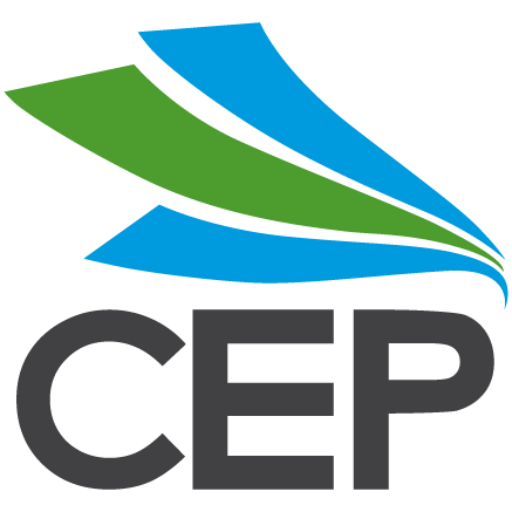Green methanol, positive tipping points and solar powered levitation
In this issue:
Green methanol
New Zealand has a large methanol facility continually flexing production because of market constraints over its feedstock. New Zealand has a large agricultural sector. What if we could put those together and make methanol from agricultural waste? Longi is going to be doing just that – but not yet here. It has just begun construction on a US$325 million (NZ$550m) green methanol project in Inner Mongolia that will combine biomass gasification with hydrogen from electrolysers to make the methanol. When fully operational, the facility will take in 600,000 tonnes of agricultural waste a year to produce 400,000 tonnes of methanol while also saving 1.2 million tonnes of carbon.
Positive tipping points
We hear much about tipping points, often related to polar melt, atmospheric CO2 levels or deforestation, among others. But there are positive tipping points too, such those seen in renewable generation or EV uptake. Academics at the University of Exeter have come up with a methodology to try and identify positive tipping points in other areas, the logic being that if we can identify pending, positive tipping points, we can focus attention and resources and bring them forward.
Heat related health risks heightened for users of common drugs - which are they?
We’ve run several stories over the past 12 months on the dangers to health of increasing temperatures. Heat related deaths are on the increase all over the world but the US Centre for Disease Control and Prevention (CDC) has just issued an official notification highlighting the increased risk to health associated with the use of several common drugs when temperatures are elevated. The uses include treatments for heart disease, depression and allergies. Some heart drugs can impact blood flow or the body’s ability to retain water (diuretics) and some depression and allergy treatments reduce the ability to sweat. There is a list of generic drug types that could see increased risk for users on the link, which includes common, over the counter drugs like aspirin and alcohol.
US rejects shipping net zero framework
It will come as no surprise the US formally rejected the International Maritime Organisation’s Net Zero Framework this week. It had said it would when pretty much the rest of the world signed up in April. It’s unclear quite what the rejection will mean for the framework as the information release threatens retaliation if others pursue the arrangement. While the US owns very little of the international fleet – only 0.2% – its ports remain crucial as international hubs – at least for now.
Solar levitation
Scientists at Harvard University have created a device that can levitate using only solar energy. The device is based on a two-layered wafer separated by a gas. The top layer is transparent and lets the light source penetrate to the coated, bottom layer. When the contained gas molecules hit the bottom layer, they heat and bounce off the warmer layer with more momentum than the molecules bouncing off the top layer causing uplift. As with many innovations, the basic technology is well established and was first witnessed in 1873 in the Crookes radiometer, which many of us will remember from science classes. That uses a similar temperature differential to spin a rotor as an example of a heat engine. At the moment the devices levitate and don’t move horizontally so application is restricted to uses that can be serviced by a floating unit, such as high atmosphere weather and climate modelling research.
Crookes radiometer
Did you know …..
The highest voltage recorded from an electric eel is 860 volts?

